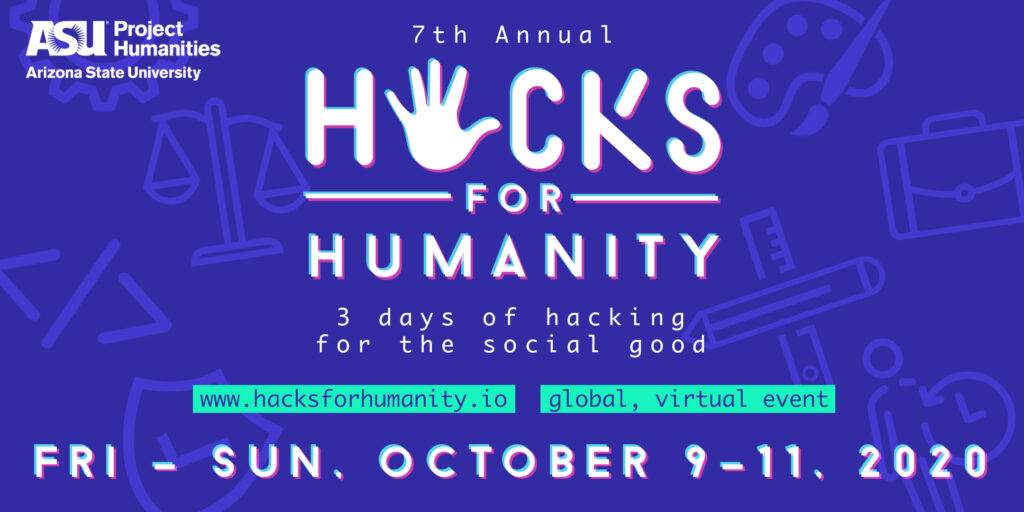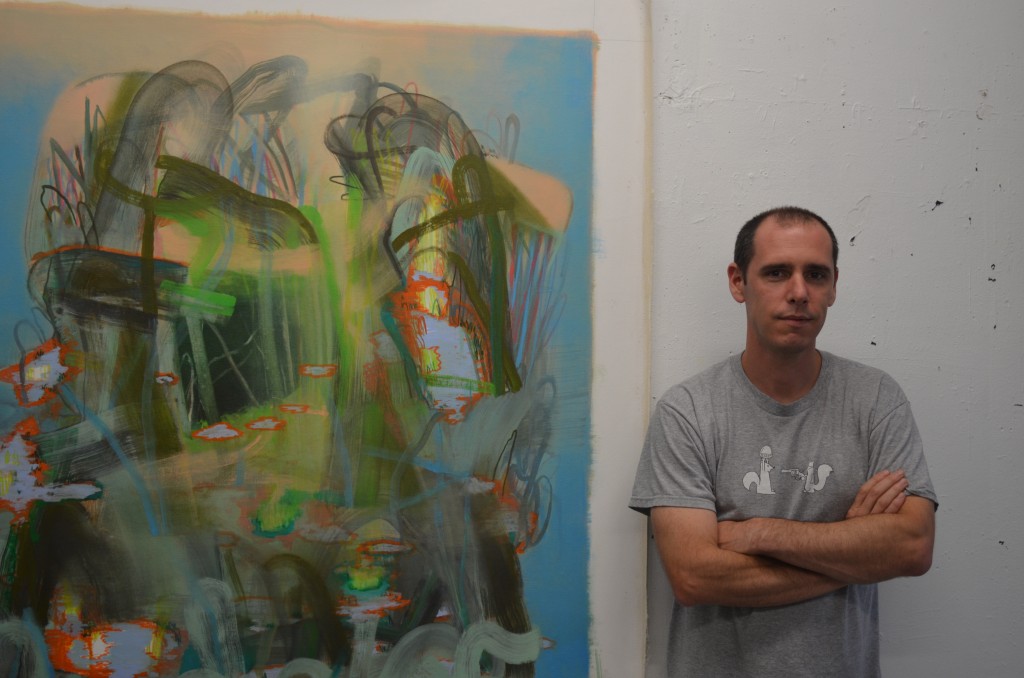
Anthony Cinquepalmi is a sophomore English (Creative Writing) major in Barrett, the Honors College at ASU. He has been enthralled with poetry for the past six years and hopes to make poetry his focus in the upcoming semester. Other interests include photography and specialty coffee, the latter of which he plans on pursuing thoroughly alongside his writing, and the former being the knowledge foundation for his work on Superstition Review‘s Photoshop/Design tasks.
Superstition Review: What is your position with Superstition Review and what are your responsibilities?
Anthony Cinquepalmi: I am the Photoshop editor. I touch up headshots and design advertisements.
SR: Why did you decide to get involved with Superstition Review?
AC: I wanted to get a closer look at the publishing world. I figure: working with other writers and/or publishers can only benefit my own writing knowledge. Last year, I was talking with a friend about this desire when another Superstition Review intern overhead the conversation and told us to apply. Here we are.
SR: Besides interning for Superstition Review, how do you spend your time?
AC: School and work consume almost equal halves of my week. I work at Cartel Coffee Lab in Tempe, though, when I’m not working or schooling, I visit with friends or I read or write.
SR: What other position(s) for Superstition Review would you like to try out?
AC: Poetry Editor.
SR: Describe one of your favorite literary works.
AC: Letters to a Young Poet, a series of letters from Rainer Maria Rilke to an aspiring poet attending a military academy, is one of the most enlightening pieces I’ve ever read, and it’s non-fiction! It has become a reference point, a source of hope–even, a new bible.
SR: What are you currently reading?
AC: For class: Aurora Leigh by Elizabeth Barrett Browning and The Norton Anthology American Literature. For fun: Making Certain it Goes On: The Collected Poems of Richard Hugo, John Berryman: Selected Poems (American Poets Project), The Unbearable Lightness of Being by Milan Kundera, and Howl by Allen Ginsberg.
SR: Creatively, what are you currently working on?
AC: I’m currently pursuing photography as well as creative writing. I’m hoping to release a chapbook later on this year.
SR: Where do you see yourself in 10 years?
AC: Well, hopefully not dried up in terms of writing, and I’d like to be finished with formal education (with an MFA from somewhere or other). I want to exhibit photography at least once, have a chunk of poetry published in book form. I’m not opposed to teaching. I want to go to London.


